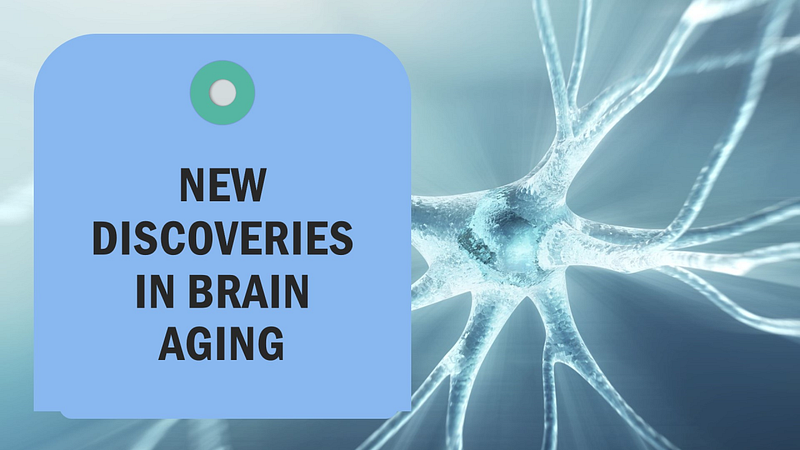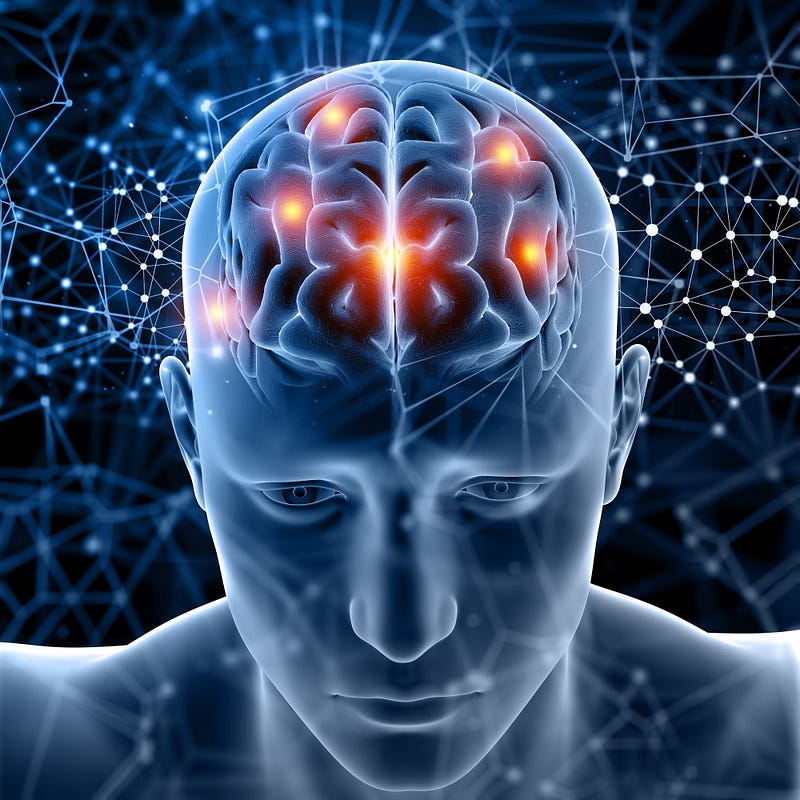Unveiling How Aging Affects Our Brain's Blood Vessels
Written on
Chapter 1: Understanding Brain Aging
As we grow older, our bodies experience numerous transformations, and our brains are no exception. A team of researchers, spearheaded by Hannah C. Bennett from The Pennsylvania State University and Michigan State University, investigated how aging influences the blood vessels within mouse brains. Their research, featured in Nature Communications, could pave the way for improved understanding and treatment of age-related neurological disorders such as dementia and Alzheimer’s disease.

Key Discoveries Regarding Brain Blood Vessels and Aging
The study uncovered several significant alterations in the blood vessels of aging mice's brains. These findings are vital for devising new approaches to uphold brain health in the elderly.
Blood Vessel Characteristics
- Aging leads to a reduction of approximately 10% in both the length and branching of brain blood vessels.
- The diameter of these vessels increases by around 7%, resulting in wider channels.
Blood-Brain Barrier (BBB) Changes
- The BBB, which safeguards the brain from harmful substances in the bloodstream, becomes increasingly permeable with age.
- This increased permeability compromises the brain's defense mechanisms.
Vulnerability in Specific Brain Regions
- Certain areas, including the deep cortical layers, hippocampus, and basal forebrain, exhibit more pronounced aging effects.
- These regions experience notable declines in the density of blood vessels and pericytes (cells that assist in maintaining the BBB and regulating blood circulation).
Summary of Alterations
- Twisted Blood Vessels: Aging causes arteries in the brain to become more convoluted, impeding blood flow and diminishing the efficiency of nutrient and oxygen delivery.
- Reduced Vascular Density: Aging results in decreased vascular length and branching density, complicating blood distribution throughout the brain.
- Permeable Blood-Brain Barrier: The BBB’s increased permeability may allow harmful substances to infiltrate the brain.
- Declined Pericyte Count: A reduction in pericytes, crucial for blood flow regulation and BBB maintenance, occurs.
- Lower Oxygen Transport Efficiency: Blood in the brains of older individuals is less capable of transporting oxygen.

Implications of These Findings
Grasping these changes is essential for various reasons:
- Enhanced Treatments for Neurological Diseases: A deeper understanding of how aging impacts brain blood vessels can aid healthcare professionals in developing more effective therapies for conditions like Alzheimer’s and dementia.
- Boosted Cognitive Health: By discovering methods to preserve healthy blood vessels in the brain, we can enhance cognitive function and overall brain health in older adults.
- Emerging Research Opportunities: These revelations open new pathways for scientific investigation, enabling researchers to explore how to shield the brain from aging-related harm.
For a more comprehensive overview, you can access the full study published in Nature Communications: Bennett, H.C., Zhang, Q., Wu, Y., Manjila, S.B., Chon, U., Shin, D., Vanselow, D.J., Pi, H.-J., Drew, P.J., & Kim, Y. (2024). “Aging drives cerebrovascular network remodeling and functional changes in the mouse brain.” Nature Communications.
Chapter 2: The Importance of Brain Health as We Age
The first video discusses strategies to maintain brain health during aging, featuring insights from experts in the field.
The second video reveals groundbreaking insights from Harvard Professor David Sinclair about reversing aging, offering valuable information on longevity and brain health.